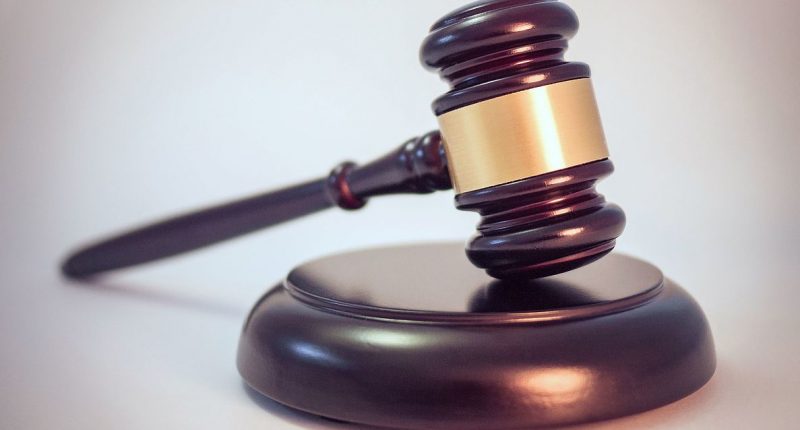Election Day in the U.S. was a very eventful affair for the tech market, as social media companies moved quickly to neutralize misinformation in this bizzare election. However, California had fights of its own, and it was projected that the state will pass Preposition 22, allowing ride hailing companies like Uber and Lyft to classify their drivers as independent contractors. However, it seems like that was not all with today’s ballots in California, as the state has also passed Preposition 24, a move that seeks to fortify online privacy rules.
While Uber and Lyft will clearly count today as a win, the same can’t be said for other Silicon valley companies, as they will now face much stricter data protection laws in California. According to Calmatters.org, the new law will limit the way businesses can use sensitive data, such as your exact location, health information, race and religion. Moreover, it seeks to prohibit companies from holding on to user data any longer than is necessary.
Companies that are found violating children’s privacy rights will be fined $7,500. That’s not all, as the law also seeks to create a new state agency to enforce the privacy law, investigate violations and assess penalties.
That being said, the law will now cover a lot less companies than before, as only businesses that buy or sell data of at least 100,000 households a year will now have to comply.
The bill has generated controversy due to a very specific reason, as it aims to restrict the legislators from passing new laws that would undermine its intent. While the main backer of this preposition, Alastair Mactaggart, claims that this will ensure that any progress made in the name of privacy is secured in the future, others argue that this may stop lawmakers from drafting stricter privacy laws in the future.
The rules will pass in 2023, and will make California the first U.S. state to pass a ballot of this kind.
The Tech Portal is published by Blue Box Media Private Limited. Our investors have no influence over our reporting. Read our full Ownership and Funding Disclosure →






